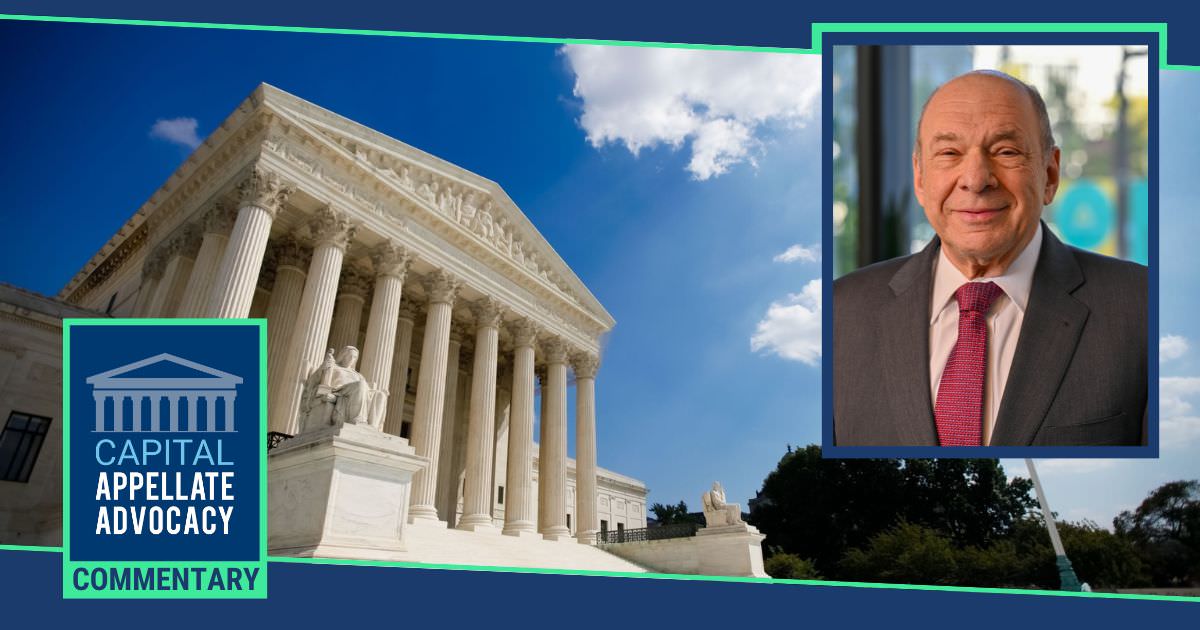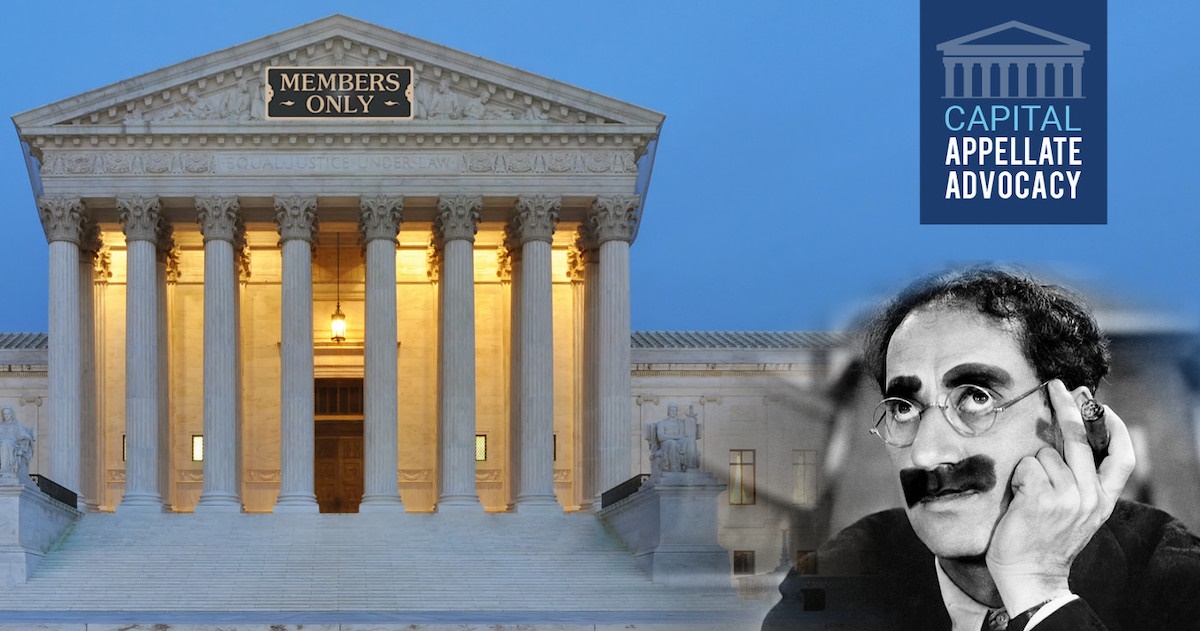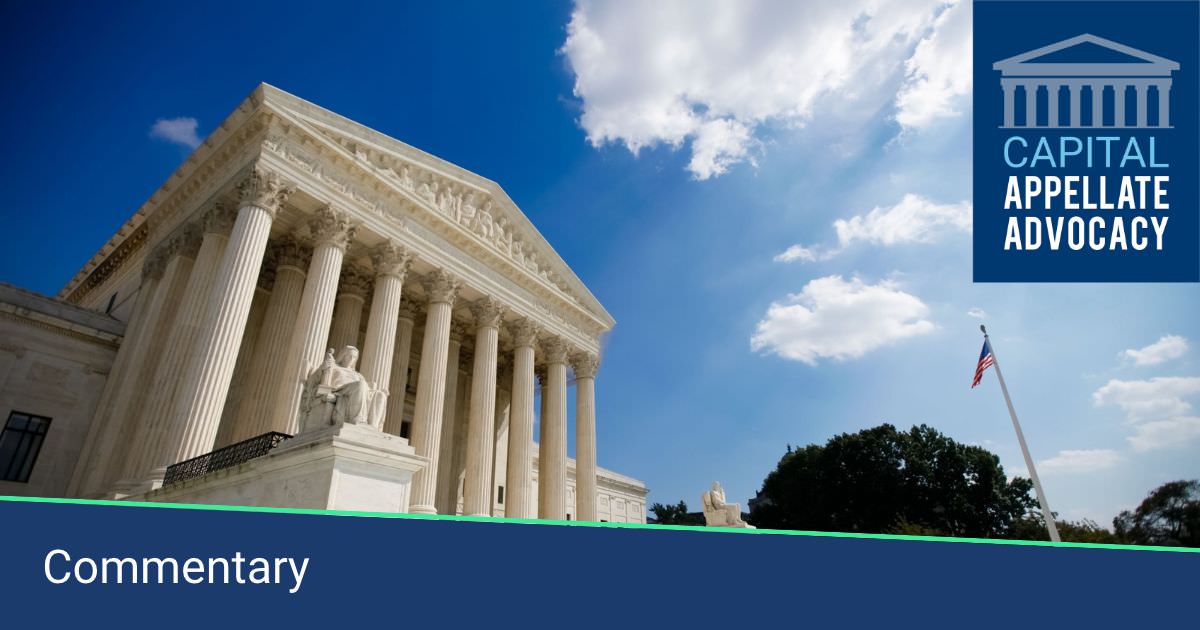Virginia Uranium Reveals Fissures in Supreme Court Implied Preemption Jurisprudence
The Supreme Court’s recent decision in Virginia Uranium, Inc. v. Warren, No. 16-1275 (June 17, 2019), reveals the Justices’ sharply differing views on the role that legislative intent should play in cases involving implied preemption of state law — more specifically, (i) state legislative intent where the issue is whether a state statute is barred under […]
Virginia Uranium Reveals Fissures in Supreme Court Implied Preemption Jurisprudence Read More »





